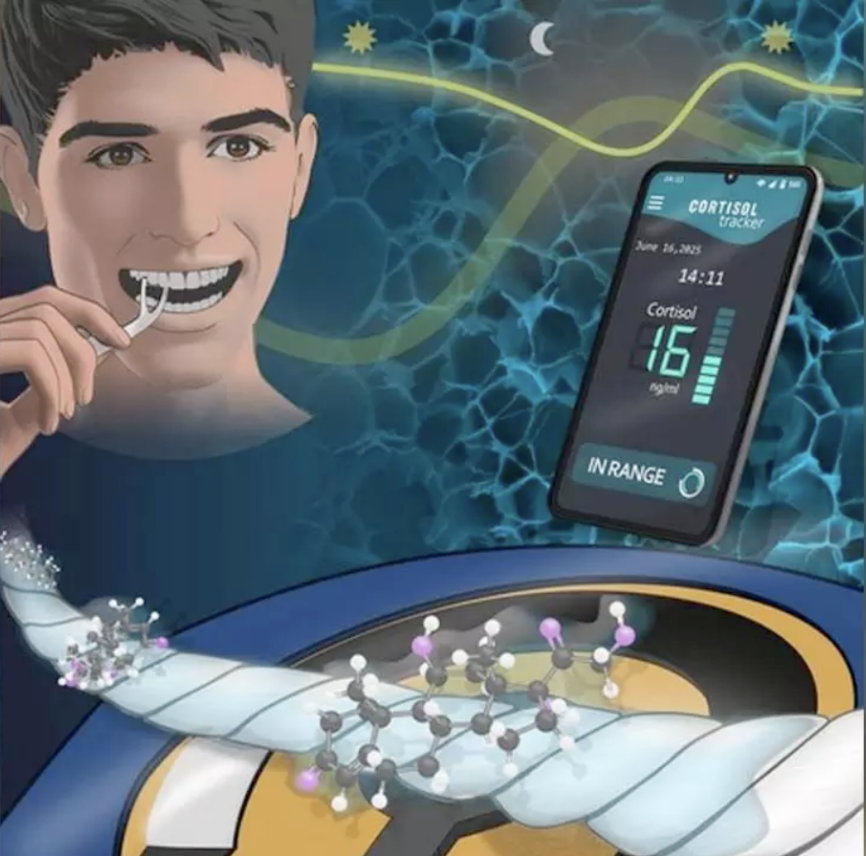Gilgamesh beats Johnson & Johnson! At least that's what the Phase2a results from its treatment for Major Depressive Disorder suggests.
Big news for JLS!
One of our first portfolio companies, Gilgamesh, announced positive topline Phase 2a results for its GM-2505 treatment for Major Depressive Disorder. GM-2505 is an agonist of the 5-HT2A receptor that’s central to the psychedelic response to specific compounds, such as LSD and psilocybin.
Gilgamesh designed GM-2505 to be a short-acting treatment similar to what Johnson & Johnson established for its ketamine drug, Spravato. Spravato, by the way, generated $1.08 billion in 2024. That’s not trivial.
Interestingly, by week 4 of the Spravato phase 3 trial nearly 53% of patients were in remission. Gilgamesh, on the other hand, is now showing a 94% remission rate in Phase 2a. No wonder pharmaceutical giant Abbvie (boasting a market cap of $328 billion), ponied up $65 million to do a deal with Gilgamesh last year. That deal also included the opportunity for Gilgamesh to earn nearly $2 billion in aggregate options fees, milestones, and tiered royalties.
You can read more about these latest results from Gilgamesh here: https://www.prnewswire.com/news-releases/gilgamesh-pharmaceuticals-announces-positive-topline-phase-2a-results-for-gm-2505-in-major-depressive-disorder-mdd-302465404.html?tc=eml_cleartime
Researchers identified a specific group of brainstem neurons that mediate the appetite-reducing and weight-loss effects of semaglutide without triggering side effects like nausea.
In mice, activating these neurons led to reduced food intake and fat loss, mimicking the drug’s benefits. So essentially, scientists were able to show that it is, in fact, possible to distinguish the nerve cells in the brain that control the beneficial effects – such as reduced food intake and fat loss – from those that contribute to side effects. And this could pave the way for better drugs to treat obesity, which is now the second-leading cause of preventable death in the United States. Here’s more: https://www.sciencedirect.com/science/article/pii/S1550413125002566?via%3Dihub
A new study published by researchers at UC San Diego School of Medicine has found that there are no clinical differences in autistic traits between the sexes in toddlers when they are first diagnosed with autism.
Conducted over two decades, the study used comprehensive assessments across language, motor skills, cognitive traits, and social behaviors. The only noted difference was a slight advantage for females in daily living skills, based on parent reporting. These findings suggest that sex differences in autism may emerge later in development rather than at the onset of symptoms.
Researchers say these findings have implications for understanding the development of the condition, enhancing early detection, and improving early intervention. Check it out: https://www.nature.com/articles/s41562-025-02132-6
Did you know that you can monitor your cortisol levels by flossing your teeth?
OK, it’s not that simple, or accurate, really. But engineers at Tufts University have created a new device using specially designed floss that can accurately measure cortisol, a stress hormone, in real time.
The device uses electropolymerized molecularly imprinted polymers (eMIPs), which act like custom molds to recognize specific molecules.
With accuracy comparable to current biosensors, this floss-based tech could make stress tracking part of daily routines. Researchers aim to adapt the system for other saliva-based health markers, potentially transforming personal health monitoring across conditions. Check it out: https://pubs.acs.org/doi/10.1021/acsami.5c02988
